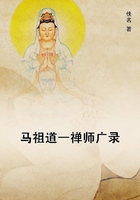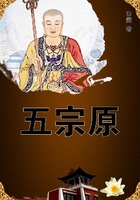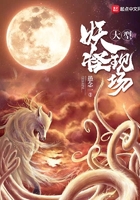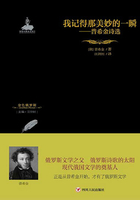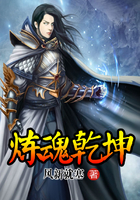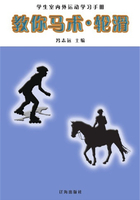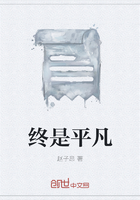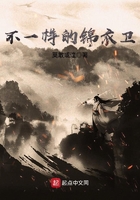Even the religion of the people was a matter of caste. The old Indo-Europeans, during their thousands of years of wandering, had met with many strange adventures. These had been collected in a book called the Veda. The language of this book was called Sanskrit, and it was closely related to the different languages of the European continent, to Greek and Latin and Russian and German and two-score others. The three highest castes were allowed to read these holy scriptures.
The Pariah, however, the despised member of the lowest caste, was not permitted to know its contents. Woe to the man of noble or priestly caste who should teach a Pariah to study the sacred volume!
The majority of the Indian people, therefore, lived in misery. Since this planet offered them very little joy, salvation from suffering must be found elsewhere. They tried to derive a little consolation from meditation upon the bliss of their future existence.
Brahma, the all-creator who was regarded by the Indian people as the supreme ruler of life and death, was worshipped as the highest ideal of perfection. To become like Brahma, to lose all desires for riches and power, was recognised as the most exalted purpose of existence. Holy thoughts were regarded as more important than holy deeds, and many people went into the desert and lived upon the leaves of trees and starved their bodies that they might feed their souls with the glorious contemplation of the splendours of Brahma, the Wise, the Good and the Merciful.
Siddhartha, who had often observed these solitary wanderers who were seeking the truth far away from the turmoil of the cities and the villages, decided to follow their example.
He cut his hair. He took his pearls and his rubies and sent them back to his family with a message of farewell, which the ever faithful Channa carried. Without a single follower, the young prince then moved into the wilderness.
Soon the fame of his holy conduct spread among the mountains.
Five young men came to him and asked that they might be allowed to listen to his words of wisdom. He agreed to be their master if they would follow him. They consented, and he took them into the hills and for six years he taught them all he knew amidst the lonely peaks of the Vindhya Mountains.
But at the end of this period of study, he felt that he was still far from perfection. The world that he had left continued to tempt him. He now asked that his pupils leave him and then he fasted for forty-nine days and nights, sitting upon the roots of an old tree. At last he received his reward. In the dusk of the fiftieth evening, Brahma revealed himself to his faithful servant. From that moment on, Siddhartha was called Buddha and he was revered as the Enlightened One who had come to save men from their unhappy mortal fate.
The last forty-five years of his life, Buddha spent within the valley of the Ganges River, teaching his simple lesson of submission and meekness unto all men. In the year 488 before our era, he died, full of years and beloved by millions of people.
He had not preached his doctrines for the benefit of a single class. Even the lowest Pariah might call himself his disciple.
This, however, did not please the nobles and the priests and the merchants who did their best to destroy a creed which recognised the equality of all living creatures and offered men the hope of a second life (a reincarnation) under happier circumstances.
As soon as they could, they encouraged the people of India to return to the ancient doctrines of the Brahmin creed with its fasting and its tortures of the sinful body. But Buddhism could not be destroyed. Slowly the disciples of the Enlightened One wandered across the valleys of the Himalayas, and moved into China. They crossed the Yellow Sea and preached the wisdom of their master unto the people of Japan, and they faithfully obeyed the will of their great master, who had forbidden them to use force. To-day more people recognise Buddha as their teacher than ever before and their number surpasses that of the combined followers of Christ and Mohammed.
As for Confucius, the wise old man of the Chinese, his story is a simple one. He was born in the year 550 B.C. He led a quiet, dignified and uneventful life at a time when China was without a strong central government and when the Chinese people were at the mercy of bandits and robber-barons who went from city to city, pillaging and stealing and murdering and turning the busy plains of northern and central China into a wilderness of starving people.

